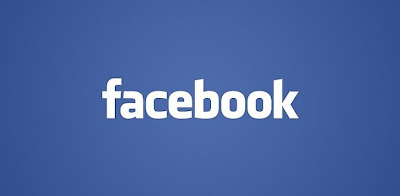Authorities in China have approved Google Inc.'s bid to buy phone maker
Motorola Mobility, clearing the way for the $12.5 billion deal to close
early next week.
But Chinese regulators attached a big condition: That
Google's Android operating system for mobile devices remain available
to all at no cost for the next five years.The approval brings the
Internet search giant closer to sealing its biggest acquisition ever.
Buying Motorola allows Google to expand into manufacturing phones,
tablet computers and other consumer devices for the first time. The deal
also gives Google access to more than 17,000 Motorola patents. The
Chinese government approved the deal on Saturday, Google spokeswoman
Niki Fenwick said. "We look forward to closing the deal," she said.
The
deal was announced last August and had received all necessary
regulatory approvals except in China, where Google's government
relations have been strained since it moved its search engine out of the
country two years ago in a dispute over censorship and computer
security.
Google's Android software powers more than 250 million
mobile devices made by a variety of manufacturers, including Motorola
Mobility. The latest versions must be made available free of charge for
the next five years, apparently in response to concerns that competition
could be hurt if Google gives updated versions to Motorola Mobility and
withholds them from others. Google doesn't currently charge for
Android.
Google earlier had pledged to make Android available to
all its mobile partners. Even if Google were to discriminate, cellphone
makers still could rely on mobile software from Microsoft Corp.,
Research in Motion and Hewlett-Packard Co., among others.
Google
prizes Motorola Mobility Holdings Inc.'s patents as a crucial weapon in
the intellectual arms race with Apple, Microsoft and other rivals
maneuvering to gain more control over smartphones, tablets and other
mobile devices.
Earlier, the U.S. Justice Department found no
evidence that Google's ownership of Motorola Mobility would lessen
competition in a mobile device market that is becoming increasingly
important as more people connect to the Internet on smartphones and
tablet computers instead of desktop and laptop computers.
The
union with Motorola Mobility will open new opportunities and pose
potentially troublesome challenges for a management team that so far has
concentrated on Internet search, ad sales and other software-driven
online services.
Motorola Mobility's expertise in mobile devices
and set-top boxes for cable TV will allow Google to play an even more
influential role in shaping the future of hand-held computing and home
entertainment.
The $12.5 billion price paid by Google is more than
the combined amount that Google has paid for the 185 other acquisitions
that it has completed since going public in 2004.
Google is based in Mountain View, California, while Motorola Mobility has its headquarters in Libertyville, Illinois.







































